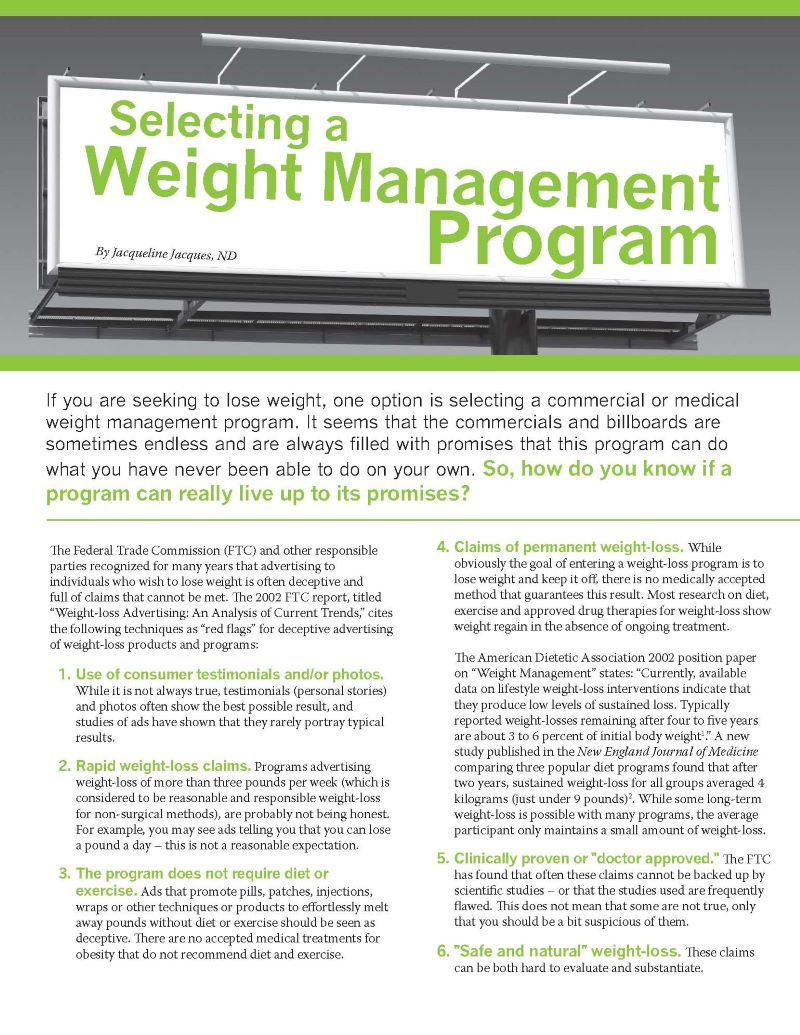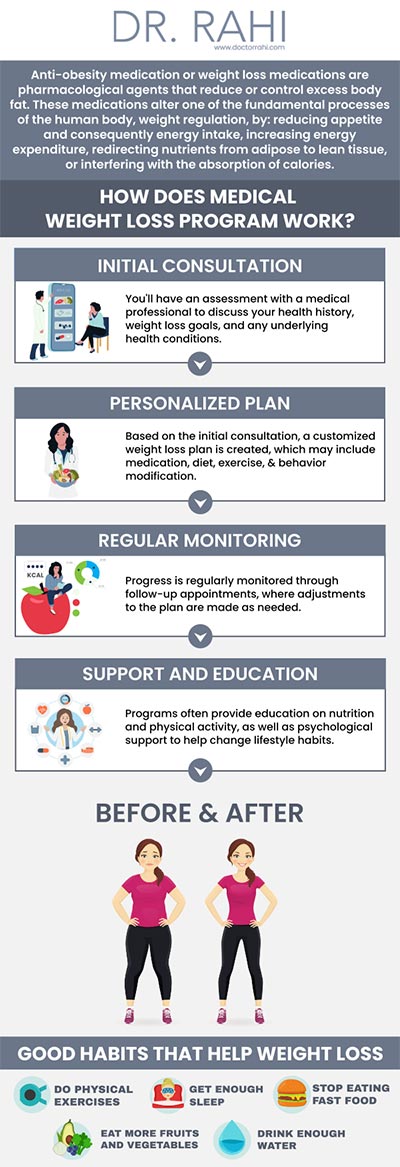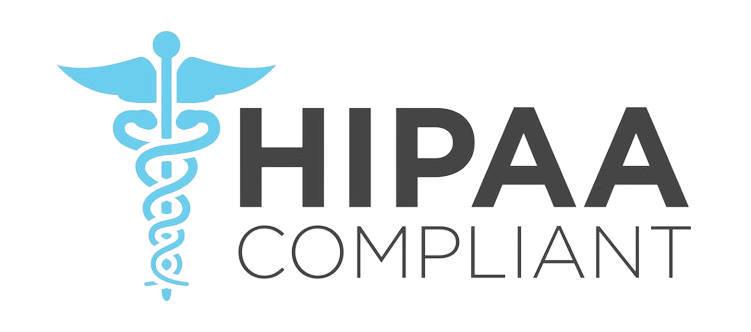The best way to lose weight medically is through a balanced diet and regular exercise. Consulting a healthcare professional is essential.
Losing weight safely and effectively involves a combination of healthy eating habits and consistent physical activity. A balanced diet rich in nutrients helps maintain energy levels while promoting fat loss. Regular exercise boosts metabolism and improves overall health. Consulting a healthcare professional ensures personalized guidance, addressing individual needs and medical conditions.
They can recommend suitable dietary plans and exercise routines. This comprehensive approach not only aids in weight loss but also supports long-term health and well-being. Making sustainable lifestyle changes rather than opting for quick fixes is crucial for lasting results. Prioritize health over speed for a successful weight loss journey.
Introduction To Weight Loss
Losing weight is a common goal for many people. Achieving a healthy weight can improve your overall well-being. It’s crucial to understand the best ways to lose weight medically. This ensures you follow safe and effective methods.
The Quest For A Healthy Weight
Many dream of reaching their ideal weight. This journey often starts with setting realistic goals. A healthy weight is not just about appearance. It also reduces the risk of many diseases. Maintaining a balanced diet and regular exercise are key components.
The process can be different for everyone. Some may need more guidance and support. This is where medical advice becomes essential. Consulting with a healthcare professional can provide personalized recommendations. It ensures your weight loss journey is safe and effective.
Medical Vs. Fad Diet Approaches
Fad diets often promise quick results. They can be tempting but are usually not sustainable. These diets might lead to nutrient deficiencies and health issues. Medical approaches focus on long-term health and well-being.
Medical weight loss methods are evidence-based. They often include a combination of diet, exercise, and behavioral changes. A healthcare professional might also suggest medications or surgery if necessary. These methods are personalized to meet your unique needs.
Below is a comparison between medical and fad diet approaches:
| Criteria | Medical Approach | Fad Diet Approach |
|---|---|---|
| Focus | Health and well-being | Quick results |
| Diet | Balanced and varied | Restrictive and unbalanced |
| Sustainability | Long-term | Short-term |
| Safety | Monitored by professionals | Often risky |
| Personalization | Customized to individual needs | One-size-fits-all |
Choosing a medical approach ensures a safer weight loss journey. It also offers long-term benefits for your health.

Credit: www.obesityaction.org
Assessing Your Weight Loss Needs
Understanding your unique weight loss needs is crucial. It helps to create a tailored plan. This plan should consider your body type, health conditions, and lifestyle.
Body Mass Index (BMI) And Its Limitations
BMI is a common tool. It measures your weight concerning your height. It helps to classify individuals: as underweight, normal weight, overweight, and obese.
| BMI Range | Category |
|---|---|
| Below 18.5 | Underweight |
| 18.5 – 24.9 | Normal weight |
| 25 – 29.9 | Overweight |
| 30 and above | Obese |
BMI has limitations. It does not account for muscle mass. Athletes may have a high BMI but low body fat. It also does not consider age, gender, or bone density. So, while BMI is useful, it’s not definitive.
Personalized Weight Loss Plans
Personalized weight loss plans are effective. Each person is unique. A one-size-fits-all approach does not work. A personalized plan considers your metabolism, health conditions, and preferences.
Key components of a personalized plan:
- Diet: A balanced, nutrient-rich diet is essential.
- Exercise: Regular physical activity tailored to your fitness level.
- Medical Supervision: Regular check-ups to monitor progress.
- Behavioral Support: Counseling to develop healthy habits.
These components work together for effective weight loss. Consulting with a healthcare provider ensures the plan is safe and effective. Medical guidance is crucial for long-term success.
Dietary Changes For Sustainable Weight Loss
Dietary changes are crucial for sustainable weight loss. By making informed choices, you can achieve lasting results. Let’s explore some effective strategies.
Caloric Deficit: The Fundamental Principle
A caloric deficit is essential for weight loss. This means consuming fewer calories than your body burns. It forces your body to use stored fat for energy.
To create a caloric deficit:
- Track your daily calorie intake.
- Reduce portion sizes.
- Choose lower-calorie foods.
Consistency is key. Maintain a balanced approach to avoid feeling deprived.
Nutrient-dense Foods To Focus On
Nutrient-dense foods are rich in vitamins and minerals. They support overall health while promoting weight loss.
Consider adding these foods to your diet:
| Food Category | Examples |
|---|---|
| Fruits | Berries, apples, oranges |
| Vegetables | Leafy greens, broccoli, carrots |
| Lean Proteins | Chicken, fish, tofu |
| Whole Grains | Quinoa, brown rice, oats |
| Healthy Fats | Avocado, nuts, olive oil |
Eating a variety of these foods ensures you get essential nutrients. This helps you stay full and satisfied, reducing the urge to overeat.
Remember to drink plenty of water. It aids digestion and keeps you hydrated.

Credit: www.medicalnewstoday.com
The Role Of Physical Activity
Physical activity plays a vital role in losing weight. It helps burn calories and boosts your metabolism. Let’s explore two essential types of exercises: cardiovascular and strength training.
Cardiovascular Exercise For Calorie Burn
Cardiovascular exercises, also known as cardio, are excellent for burning calories. These include activities like:
- Running
- Swimming
- Cycling
- Jumping rope
Cardio helps your heart pump blood better. It also increases your endurance. Running and swimming are particularly effective for weight loss. A 30-minute run can burn up to 300 calories. Swimming for 30 minutes can burn around 200-300 calories.
Strength Training To Boost Metabolism
Strength training involves lifting weights or using resistance bands. It helps build muscle, which can boost your metabolism. When you have more muscle, your body burns more calories even at rest.
Common strength training exercises include:
- Squats
- Deadlifts
- Bench Press
- Bicep Curls
Squats and deadlifts are effective for building lower body strength. The bench press works on your chest muscles. Bicep curls help in building arm strength. Doing these exercises 2-3 times a week can significantly boost your metabolism.
Behavioral Strategies For Weight Loss
Losing weight medically involves various strategies. One crucial aspect is behavioral changes. By adopting specific behavioral strategies, you can achieve lasting weight loss. These methods focus on changing eating habits, exercise routines, and mental attitudes.
Setting Realistic Goals
Setting realistic goals is vital for successful weight loss. Unrealistic goals can lead to frustration and setbacks. Start by defining small, achievable targets. For instance, aim to lose 1-2 pounds per week. This rate is healthy and sustainable.
Use a SMART goal-setting framework:
- Specific: Define clear objectives (e.g., walk 30 minutes daily).
- Measurable: Track progress with measurable metrics.
- Achievable: Set goals within your capabilities.
- Relevant: Ensure goals align with your health needs.
- Time-bound: Set a timeline for each goal.
Coping With Cravings And Setbacks
Cravings and setbacks are natural. Learning to cope with them is essential. Instead of ignoring cravings, find healthy alternatives. For example, eat fruits instead of sweets.
Here are some strategies:
- Keep a food diary to identify triggers.
- Drink water to curb hunger.
- Practice mindful eating to enjoy meals fully.
- Engage in physical activities to distract from cravings.
Setbacks are part of the journey. Do not let them derail your progress. Reflect on what caused the setback and adjust your plan. Seek support from friends, family, or a healthcare professional.
Medical Interventions
Medical interventions can help people lose weight effectively. These methods are supervised by doctors. They ensure safety and success.
There are two main types of interventions. These are prescription weight loss medications and bariatric surgery. Each has its benefits and risks.
Prescription Weight Loss Medications
Doctors may prescribe medications for weight loss. These drugs help reduce appetite. They also increase feelings of fullness.
Common medications include:
- Phentermine: Reduces appetite.
- Orlistat: Blocks fat absorption.
- Liraglutide: Controls blood sugar and appetite.
It’s important to follow your doctor’s advice. Side effects may occur. Regular check-ups ensure safety.
Bariatric Surgery: Types And Outcomes
Bariatric surgery is an option for severe obesity. There are different types. Each type has unique benefits and risks.
| Type of Surgery | Description | Outcomes |
|---|---|---|
| Gastric Bypass | Reduces stomach size. Bypasses part of the intestine. | Significant weight loss. Long-term success. |
| Gastric Sleeve | Removes part of the stomach. | Reduces hunger. Major weight loss. |
| Adjustable Gastric Band | Places a band around the stomach. | Less invasive. Adjustable and reversible. |
Choosing the right surgery depends on health and goals. Consult with a specialist. They help decide the best option.
The Importance Of Professional Guidance
Losing weight can be a challenging journey. It’s crucial to get the right help. Professional guidance ensures you follow a safe and effective plan. Experts can tailor solutions to your unique needs. Let’s explore why professional help is essential.
Working With Dietitians
Dietitians are experts in food and nutrition. They can create personalized meal plans. These plans fit your lifestyle and health needs. Dietitians offer support and motivation. They help you understand the best foods to eat. Here are some benefits:
- Personalized meal plans to suit your taste and health.
- Guidance on portion sizes and balanced diets.
- Help with managing food allergies or intolerances.
- Support in making healthier food choices.
Dietitians also track your progress. They make adjustments to your plan as needed. This ensures your diet remains effective over time.
Regular Medical Monitoring
Regular medical monitoring is vital for safe weight loss. Doctors can check your overall health. They monitor changes in your body. This helps in preventing any health issues. Here’s what regular check-ups can include:
- Blood tests to check cholesterol and sugar levels.
- Monitoring blood pressure and heart rate.
- Tracking body mass index (BMI) and body fat percentage.
- Reviewing any medications you may need.
Doctors can identify any potential problems early. This ensures you stay healthy while losing weight. They can also recommend safe exercises. This makes your weight loss journey more effective.
Professional guidance is crucial for weight loss. It helps you achieve your goals safely and effectively. Working with dietitians and regular medical monitoring are key components.

Credit: doctorrahi.com
Maintaining Weight Loss Long-term
Successfully losing weight is a significant achievement. But keeping it off can be challenging. Many people regain the weight they lost. This is why maintaining weight loss long-term is crucial. It requires a strategic approach and dedication. Let’s explore effective ways to keep the weight off.
Lifestyle Changes For Maintenance
Maintaining weight loss isn’t just about diet. It’s about creating lasting lifestyle changes. Here are some key strategies:
- Regular Physical Activity: Aim for at least 150 minutes of moderate exercise weekly.
- Balanced Diet: Include fruits, vegetables, lean proteins, and whole grains.
- Hydration: Drink plenty of water daily. Avoid sugary drinks.
- Sleep: Get at least 7-8 hours of sleep each night.
- Stress Management: Practice relaxation techniques like yoga or meditation.
Dealing With Weight Plateaus
Weight plateaus are common and can be frustrating. Here’s how to handle them:
- Evaluate Your Diet: Ensure you’re eating enough but not too much.
- Increase Activity: Add more intensity or variety to your workouts.
- Stay Hydrated: Sometimes our bodies confuse thirst with hunger.
- Track Progress: Use a journal or app to monitor food intake and activity.
- Seek Support: Join a support group or talk to a healthcare provider.
For a quick overview, refer to the table below:
| Strategies | Description |
|---|---|
| Regular Physical Activity | 150 minutes of moderate exercise weekly |
| Balanced Diet | Fruits, vegetables, lean proteins, and whole grains |
| Hydration | Drink plenty of water; avoid sugary drinks |
| Sleep | 7-8 hours of sleep each night |
| Stress Management | Practice relaxation techniques |
| Evaluate Your Diet | Ensure proper food intake |
| Increase Activity | Add intensity or variety to workouts |
| Stay Hydrated | Prevent confusing thirst with hunger |
| Track Progress | Monitor food intake and activity |
| Seek Support | Join a support group or consult a healthcare provider |
Success Stories And Motivation
Discovering the best way to lose weight medically can be daunting. Many have found success with medically supervised plans. Their stories inspire and motivate others to achieve their goals.
Real-life Transformations
Real-life success stories offer hope and inspiration. People from all walks of life have succeeded in losing weight medically. Their journeys prove that significant transformation is achievable.
- John’s Journey: John lost 50 pounds under a doctor’s supervision. He followed a structured diet and regular exercise.
- Maria’s Milestone: Maria shed 30 pounds through a medically guided weight loss program. She managed her diet and engaged in physical activities suggested by her healthcare provider.
- Susan’s Success: Susan achieved a healthier weight by joining a medical weight loss clinic. She lost 40 pounds with personalized guidance and support.
Creating A Support Network
A robust support network is vital for successful weight loss. Family, friends, and healthcare professionals can provide encouragement and accountability.
Consider forming a support group. Connect with others who share similar goals. Share tips, celebrate milestones, and stay motivated.
| Support Network | Role |
|---|---|
| Family | Offer emotional support and encouragement. |
| Friends | Join you in activities and motivate you. |
| Healthcare professionals | Provide medical guidance and monitor progress. |
Frequently Asked Questions
What Is The Safest Way To Lose Weight Medically?
The safest way to lose weight medically is under a doctor’s supervision. Medical professionals can provide personalized plans, including diet, exercise, and possibly medication.
How Can I Lose Weight Under Medical Supervision?
Losing weight under medical supervision involves personalized diet plans, regular exercise, and possibly medications. Doctors monitor progress and adjust plans as needed for optimal health.
Are Medical Weight Loss Programs Effective?
Yes, medical weight loss programs are effective. They offer personalized plans, continuous monitoring, and professional guidance, increasing the chances of successful weight loss.
What Medications Are Used For Weight Loss?
Weight loss medications include orlistat, phentermine, and liraglutide. These are prescribed by doctors and should be used under medical supervision for safety.
Conclusion
Finding the best way to lose weight medically involves personalized strategies. Consult healthcare professionals for tailored advice. Focus on balanced nutrition, regular exercise, and mental well-being. Sustainable weight loss is achievable with the right support. Prioritize your health and follow a medically-approved plan for effective results.




